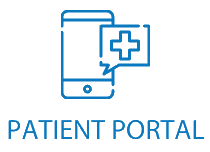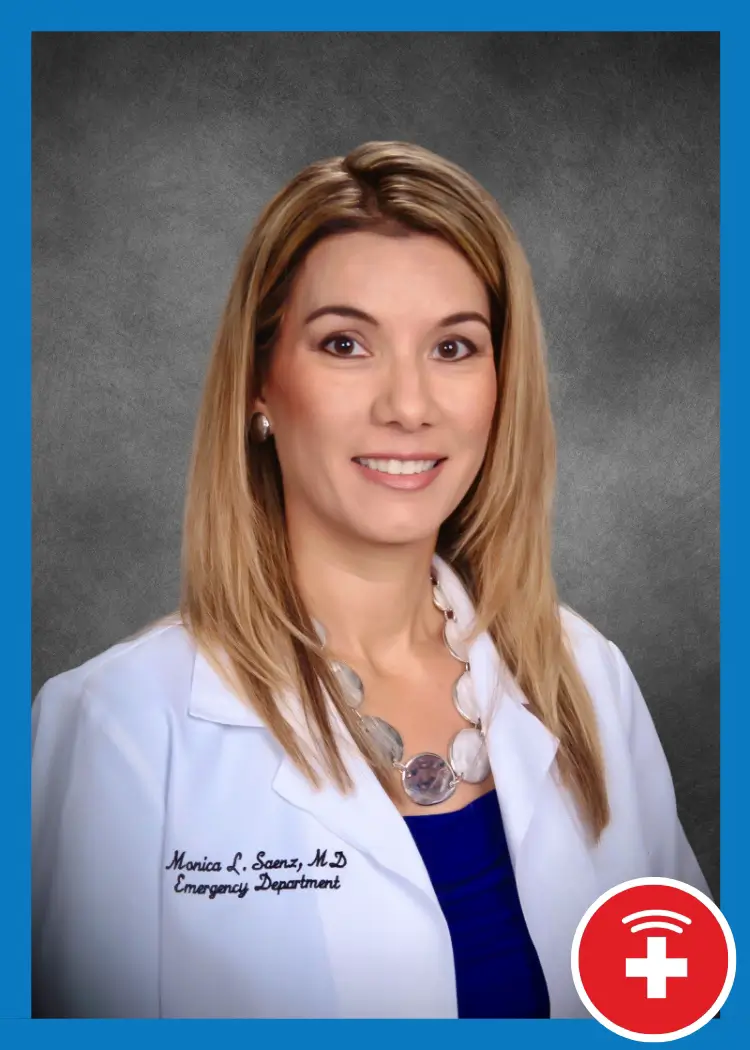Antibiotic Education Program
Medical providers have prescribed antibiotics for decades—and for good reason. These medicines help treat and fight bacterial infections, which are common and can sometimes become serious. At DOC-AID, we provide antibiotic education programs to help our patients understand when antibiotics are necessary and how to use them safely.
What Are Antibiotics Used For?
Antibiotics are medicines that fight infections caused by bacteria. They work by killing bacteria or preventing them from multiplying and spreading.
Doctors commonly prescribe antibiotics to treat bacterial infections such as strep throat, urinary tract infections (UTIs), and whooping cough. Providers also use antibiotics to manage life-threatening conditions caused by bacteria, including sepsis—when the body mounts an extreme response to infection—and pneumonia, a severe lung infection.
Be Antibiotic Aware
Since the 1940s, antibiotics have saved countless lives and greatly reduced illness and deaths from infectious diseases. However, antibiotics are not always the right solution. Using antibiotics unnecessarily or incorrectly can contribute to antibiotic resistance, making infections harder to treat in the future.
Through our antibiotic education programs, we teach patients how to take antibiotics correctly and understand when these medications are necessary. By promoting responsible antibiotic use, we help protect your health while reducing the risk of antibiotic resistance for the community.
What Is Antibiotic Resistance?
Bacteria can develop resistance when providers overprescribe antibiotics or when patients do not follow instructions correctly. Resistant bacteria survive despite the drugs designed to kill them and continue to multiply. This makes infections harder to treat and limits the effectiveness of future antibiotics. Globally, antibiotic resistance contributes to an estimated 1.27 million deaths each year.
What Is Antibiotic Stewardship?
Antibiotic stewardship means using antibiotics wisely to improve patient care and reduce resistance. Providers carefully select the right antibiotic and prescribe it only when necessary. Educating patients on taking antibiotics exactly as prescribed ensures infections are treated effectively and helps prevent the spread of resistant bacteria. By practicing stewardship, we protect your health today and preserve the effectiveness of antibiotics for the future.
Here are a few facts from the CDC Be Antibiotics Aware
- Antibiotics can save lives, but being sick doesn’t mean you need them.
- Taking antibiotics when they aren’t needed could have harmful side effects.
- Antibiotics do not work against viruses like colds, flu, runny nose, or bronchitis.
- Respiratory infections caused by a virus usually go away in two weeks without treatment.
- Ask your primary healthcare professional for recommendations to feel better while fighting a virus
- Antibiotics can create resistance in bacteria. Take antibiotics exactly as prescribed.
- Taking antibiotics incorrectly increases the chances that bacteria will become resistant to the antibiotic.
For more information on antibiotic prescribing and use, please visit the CDC.
We have convenient locations to serve you. For more information, please call us or book an appointment online.




